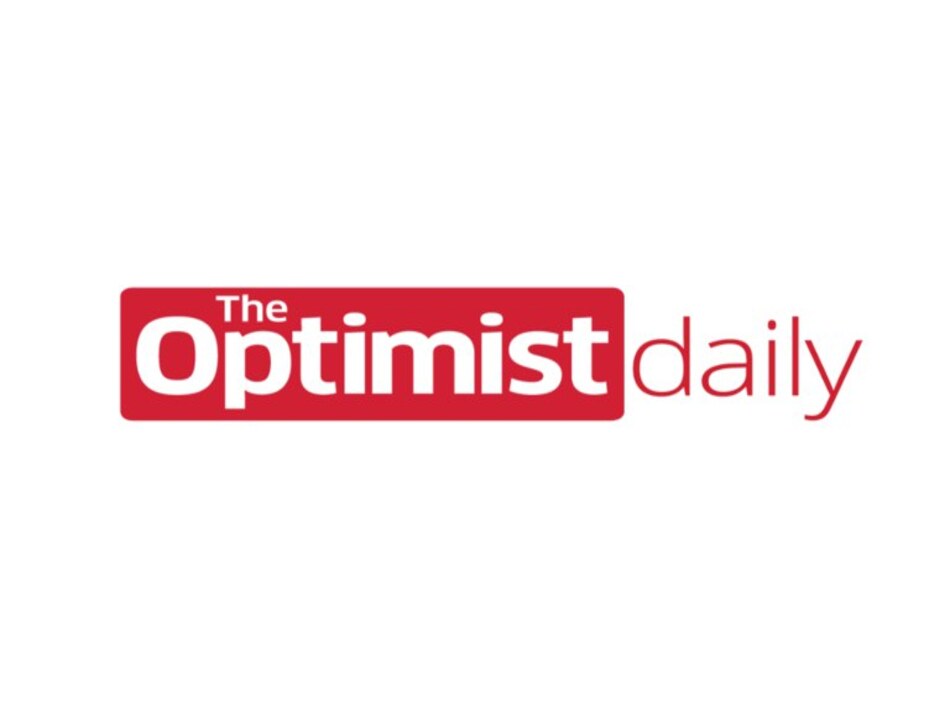In the UK, captured carbon is starting to be used to create bubbles that make beer fizzy. Now that we have a way to drink CO2, a Finland-based company has come up with a way to eat it too. Yes, we’re sure that the last sentence was a bit strange to read (it is 2019 you know), but bear with us a moment. The company, Solar Foods, has developed a process to use renewable electricity and CO2 to produce a healthy ingredient that looks like wheat flour and contains 50% protein.
The idea behind this new ingredient is actually rather straightforward: basically, food made through fermentation, like beer or lab-grown meat, currently relies on feeding plant sugars to microbes. By replacing these sugars with carbon, you don’t have to use the land to produce the agricultural feedstocks that provide sugar.
The process works by using solar power to split water through electrolysis in a bioreactor, creating hydrogen that can give microbes energy as they’re also fed carbon. The microbes produce food that’s composed of roughly 20-25% carbs, 5-10% fat, and 50% protein. It’s a far more efficient way to produce protein than raising cattle. Producing a single burger, by one estimate, requires 64.5 square feet of land, mostly for cattle feed. The new protein powder, called Solein, claims to be 100 times more climate-friendly than any animal or even plant-based alternative. In fact, the company says it can yield 10 times more usable protein per acre than soy production.











